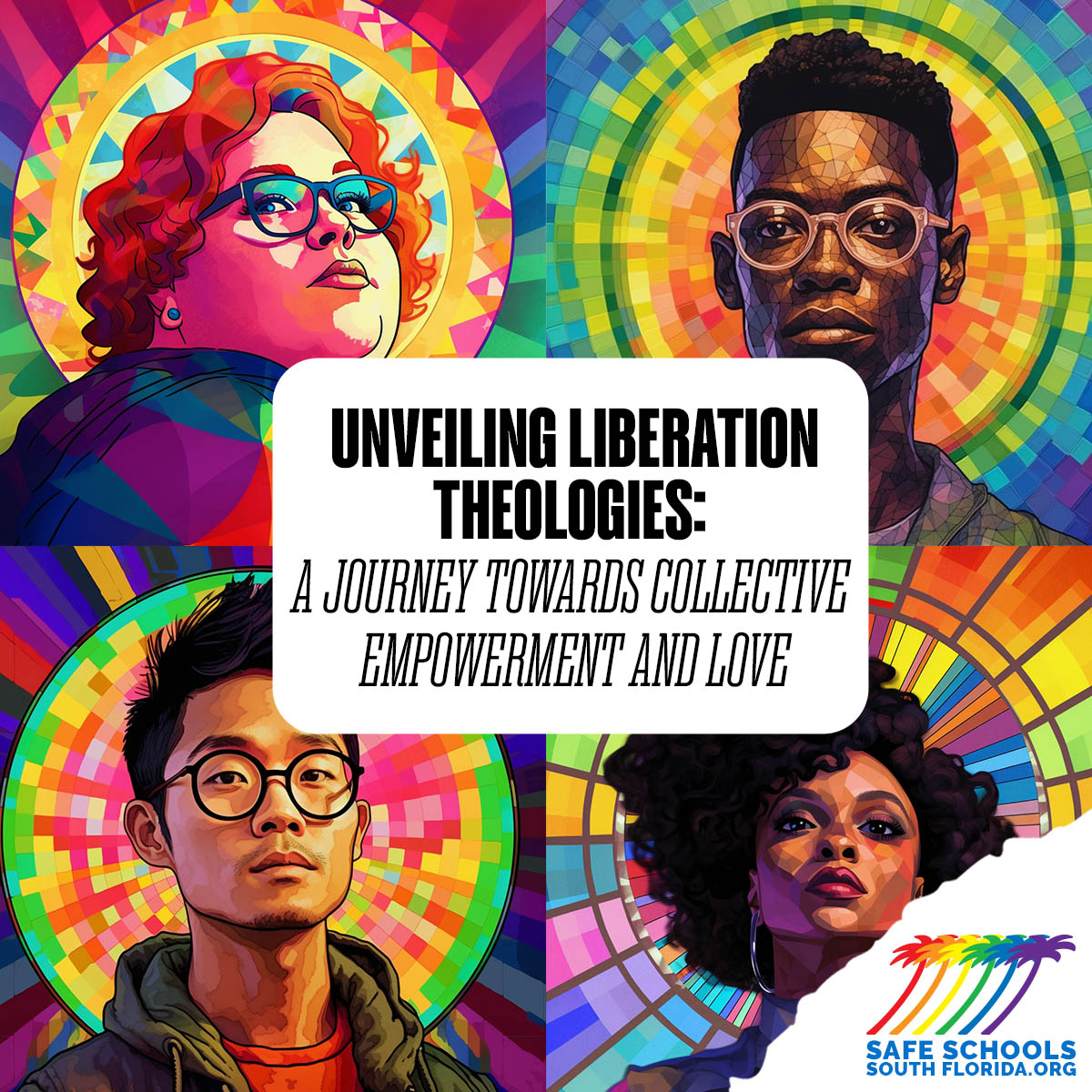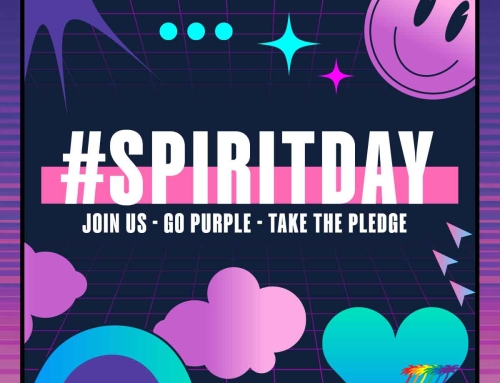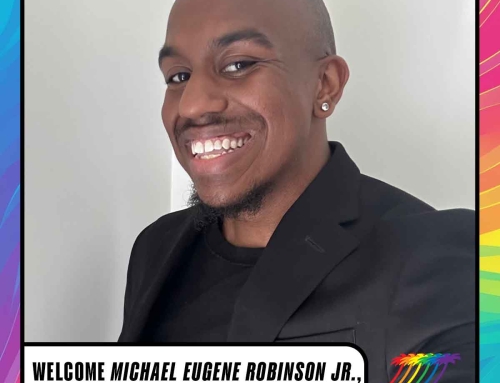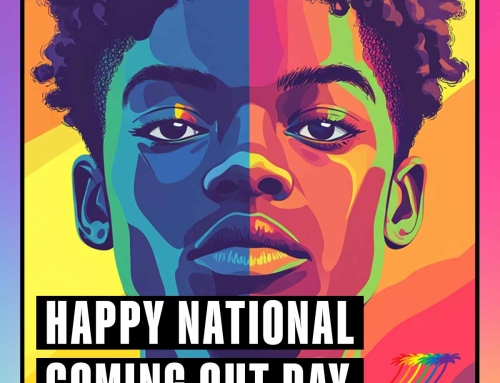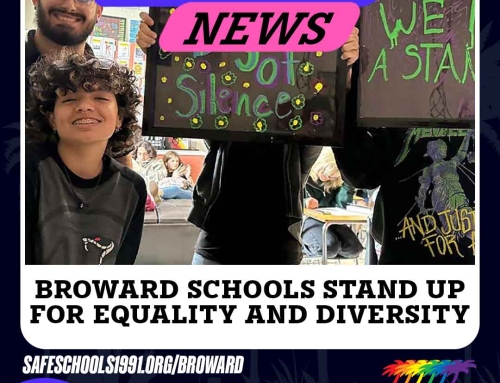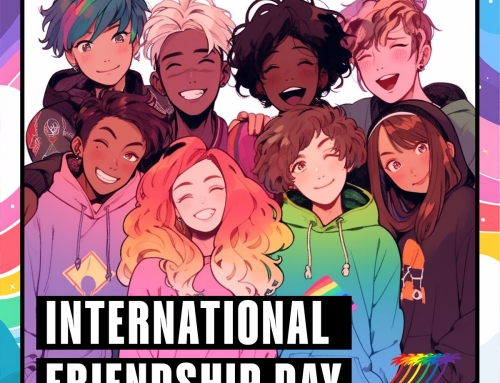Welcome to the riveting world of liberation theologies, a vibrant tapestry of thought and faith woven from the threads of struggle and hope. These revolutionary theological perspectives that emerged in the 20th century were not born in the lofty towers of academia but in the trenches of oppression and marginalization. They invite us to confront and dismantle power structures, encouraging us to embrace our authentic selves. Love and justice come alive in these spaces and expand their dominion, challenging oppressive norms and transforming lives. Let’s embark on this enlightening journey and explore how these movements can inspire us today and reshape our tomorrows.
Black Liberation Theology:
Black Liberation Theology rose like a Phoenix from the ashes of the civil rights movement, heralding a theological revolution. It takes the cherished narratives of faith and reimagines them in a way that speaks powerfully to the Black experience. Instead of a distant, white, Eurocentric God, it portrays the divine as a liberator who stands in fierce solidarity with Black people in their struggle against racism. This theological perspective fundamentally reshapes our understanding of the sacred, urging us to empathize with the marginalized and advocate for racial justice.
Feminist Liberation Theology:
Feminist Liberation Theology, the heart of the gender equality movement within religious spheres, boldly critiques patriarchal structures and challenges gender biases. By interpreting Scripture in a way that affirms the equality of all genders, feminist theologians disrupt and dismantle long-held binary gender constructs. They question our biases and presuppositions, asserting that theology should be a vehicle of empowerment for everyone, regardless of their gender.
Latin American Liberation Theology:
Born from the socio-economic struggles of the Latin American populace, Latin American Liberation Theology provides a passionate cry for justice. It paints a picture of God not as a distant deity but as a liberator of the oppressed, an advocate for socio-economic justice. This perspective challenges us to recognize that authentic spirituality must engage with the harsh realities of poverty and injustice. Liberation, it teaches, is not just spiritual but economic and vice versa.
Queer Liberation Theology:
Queer Liberation Theology serves as a beacon for those whose gender and sexuality defy traditional norms. It challenges the heteronormative and binary understanding of gender and sexuality prevalent in religious traditions and affirms queer identities as integral to God’s diverse creation. This radical re-envisioning of faith liberates queer individuals to embrace their unique identity and experience the divine love that includes them, just as they are.
Eco Liberation Theology:
Eco Liberation Theology extends the liberating message to our natural world, calling for an end to the exploitation of Earth. It encourages us to regard nature not merely as a resource but as a sacred community of which we are a part and for which we must care. This theological perspective asserts that liberation extends beyond humanity to all of creation, reminding us of our duty as caretakers of the planet.
Intersectional Liberation Theology:
Intersectional Liberation Theology brings a nuanced perspective to our understanding of oppression and privilege. It recognizes the intersections along various identity lines, including race, gender, sexuality, and class. It invites us to engage with these complexities and work towards holistic liberation, affirming that we are all created in the image of the divine. The message is clear: all struggles against oppression are interconnected and part of a larger fight for justice and equality.
All liberation theologies underscore the transformative power of dialogue. They challenge us to lean into difficult conversations with those society has traditionally ‘othered’ to transform them into friends through a commitment to mutual understanding. This intentional dialogue can dismantle harmful binaries and build an inclusive table of love where all can partake and flourish as their authentic selves.
Finally, we turn to you, the young, vibrant, and courageous members of the queer community. You hold in your hands the potential to be liberating agents wherever you find yourselves. These liberation theologies stand as powerful testaments to the enduring spirit of resilience and the transformative power of love. Learn from them, draw inspiration, and infuse their insights into your lived experiences.
Cherish your identity. Do not shrink back from who you are, but stand tall, understanding that your unique identity is a vital thread in the beautiful diversity of creation. Engage with those of all socio-economic realities. Understand that the struggle against one form of oppression is tied to the struggle against all forms of oppression, and recognize the interconnectedness of all life.
And most importantly, embrace the creative possibility found through difficult conversations. These dialogues, though they may be challenging and uncomfortable, are the crucibles where understanding is forged, and empathy is born. They break down barriers, transform ‘us versus them’ mentalities, and create spaces of acceptance and love.
Remember, your love, courage, and authenticity have the power to transform society. Each conversation, each interaction, is a step towards a more accepting and compassionate world. You are not just passive receivers of these theologies but active contributors. Together, we can create a world where everyone is seen, understood, and loved for who they truly are. As agents of change, you are the living, breathing embodiments of these liberation theologies. And in your journey, you continue to inspire and pave the way for others to do the same.
So, let’s move forward with these theological insights and work to manifest a world that celebrates diversity, fosters understanding, and cultivates love in all its forms. Let’s take the lessons these theologies offer to heart and become catalysts for change in our schools, workplaces, communities, and every space we find ourselves in. As we continually expand the table of love, we build a world that sees us for who we truly are and cherishes us in all our authenticity.
By: Pastor Harold Marrero
Chief Operating Officer
We encourage you to share this information with friends, fellow teachers, and allies and join us in bringing awareness to our efforts. Your support is essential for our ongoing work to create safe spaces for all students, regardless of ethnicity, gender, sexual orientation, or expression. Please consider donating to Safe Schools so that we can continue advocating for inclusivity and diversity within the education system.

